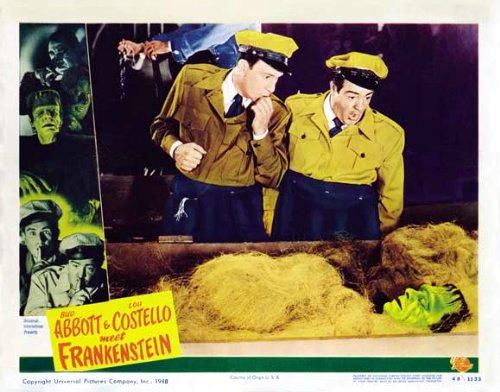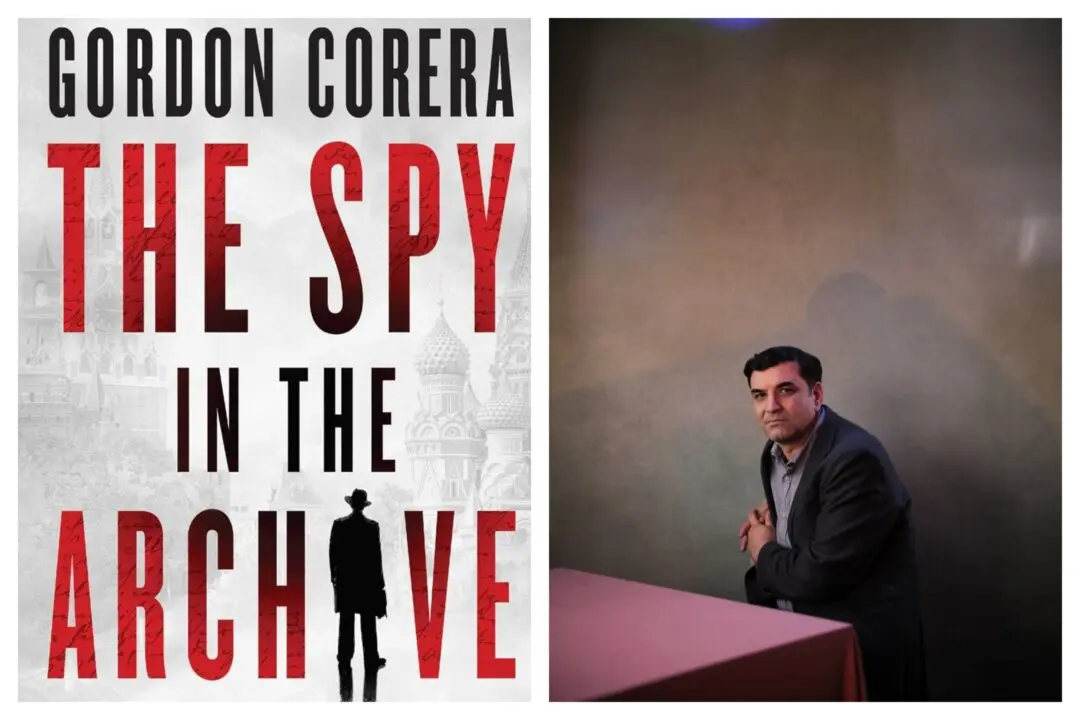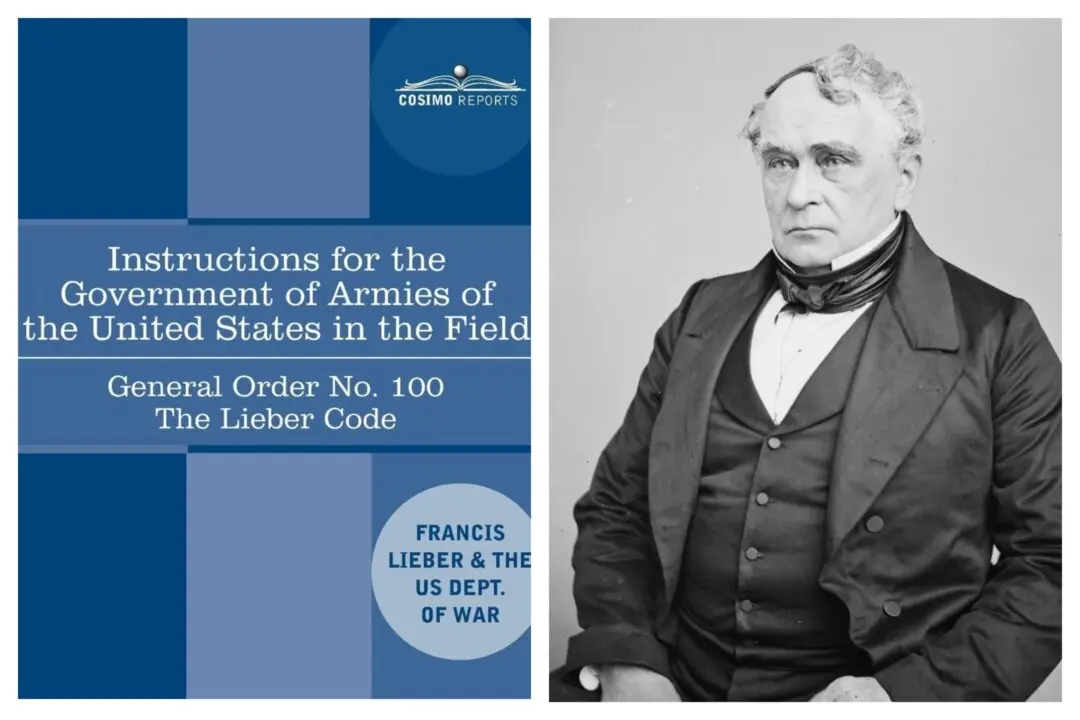Seventy-five years ago, a genre mashup proved to be one of the most significant and successful in film history. The two genres were horror and comedy. Universal Pictures had two separate franchises: the Universal Monsters and the comedic duo Bud Abbott and Lou Costello. The idea was to combine these two franchises into one film.
The original name of the film was “The Brain of Frankenstein.” With Universal already having produced “Frankenstein” (1931), “The Bride of Frankenstein” (1935), “Son of Frankenstein” (1939), “The Ghost of Frankenstein” (1942), “Frankenstein Meets the Wolf Man” (1943), and “House of Frankenstein” (1944), the name sounded like another straight horror film. The name was changed to “Abbott and Costello Meet Frankenstein” (1948).






